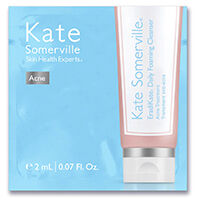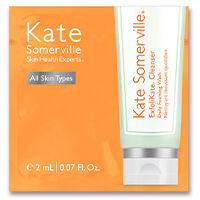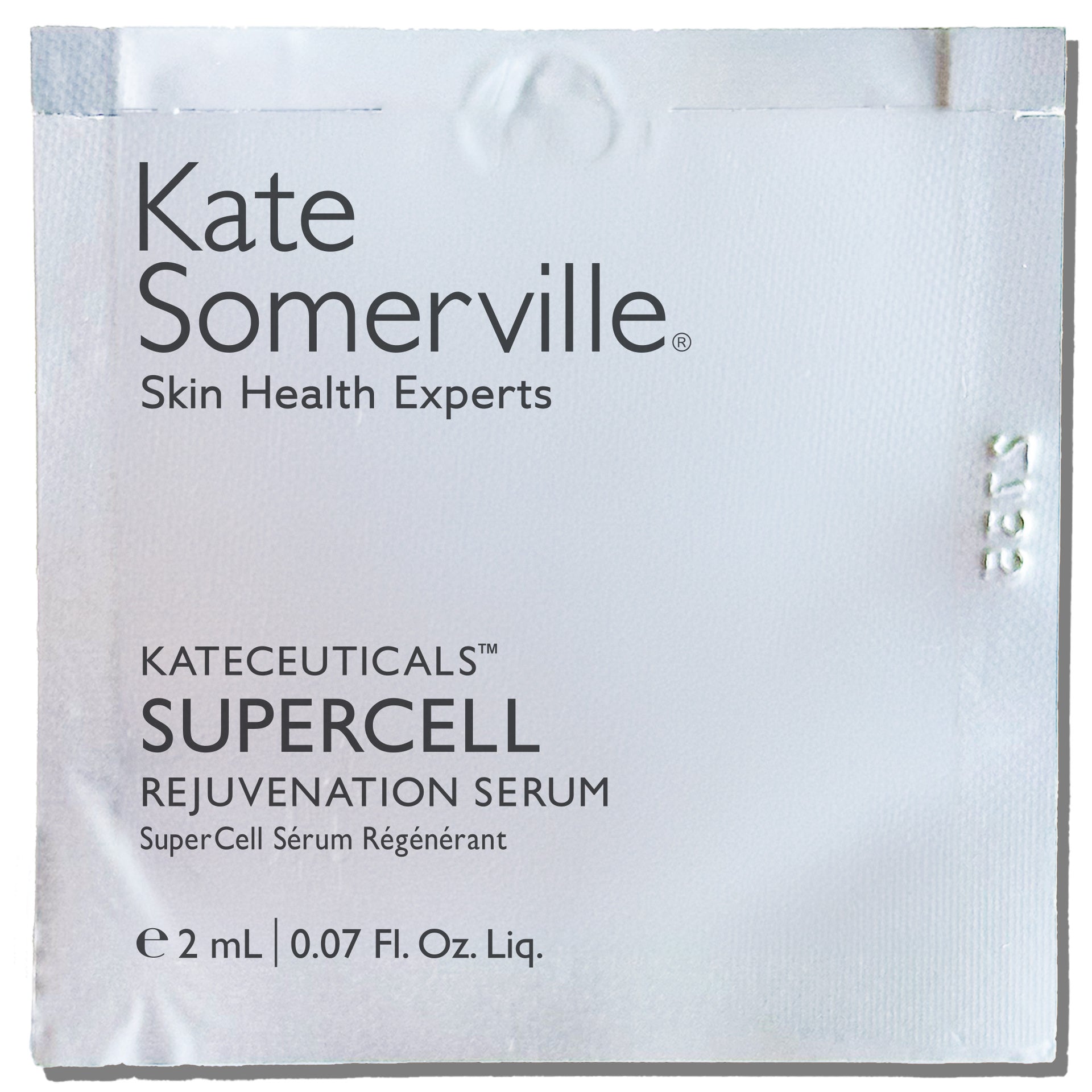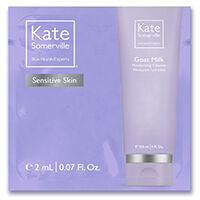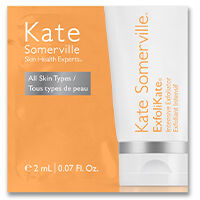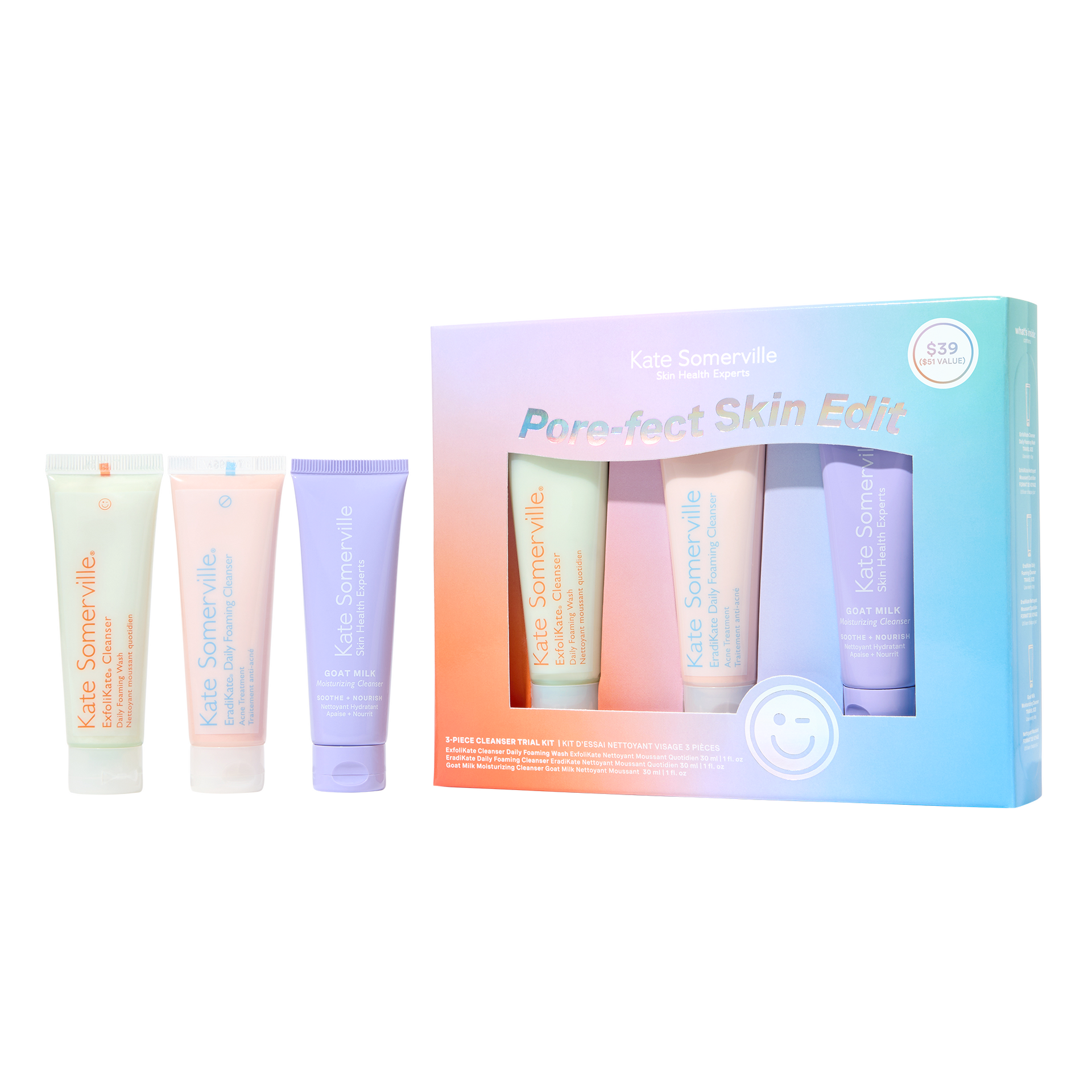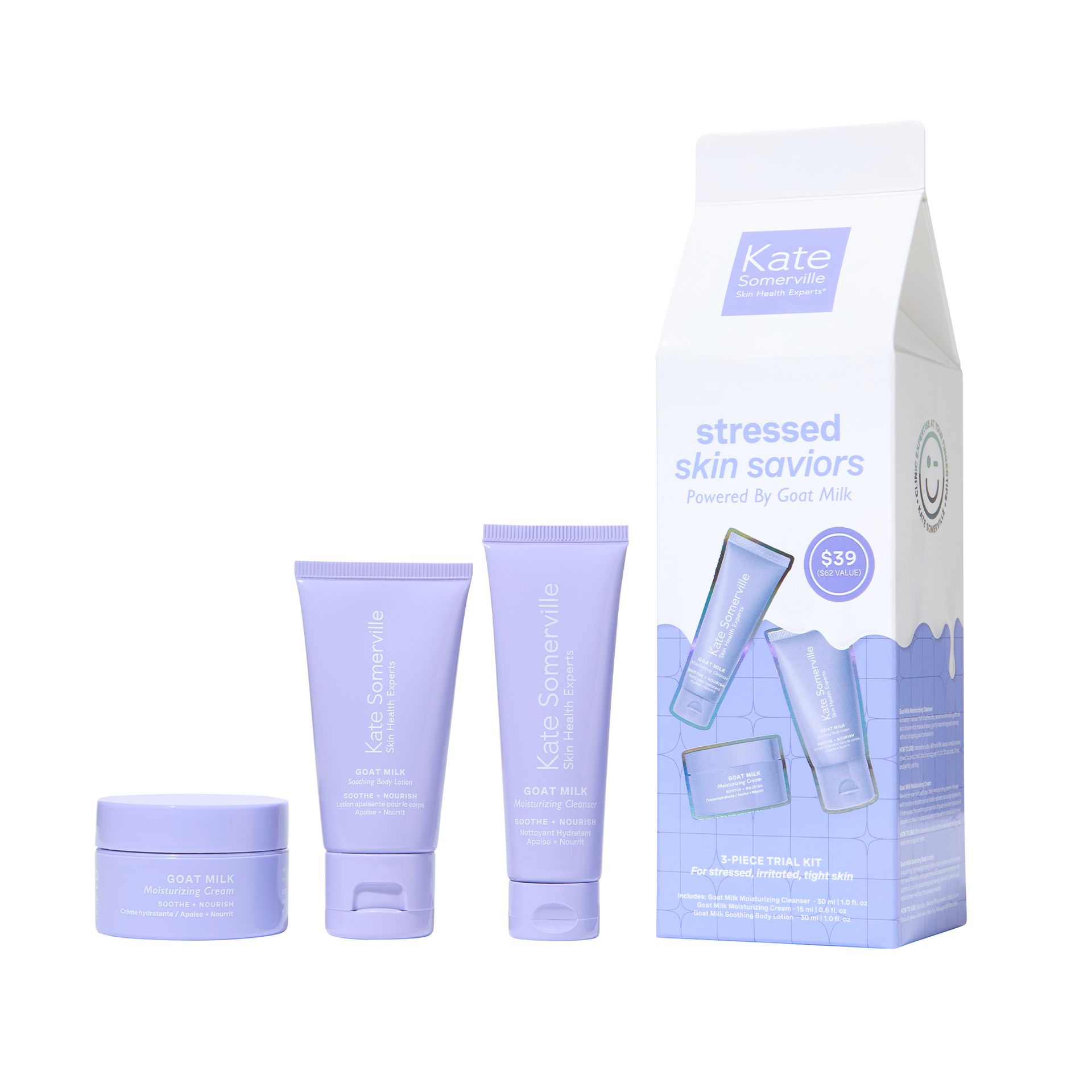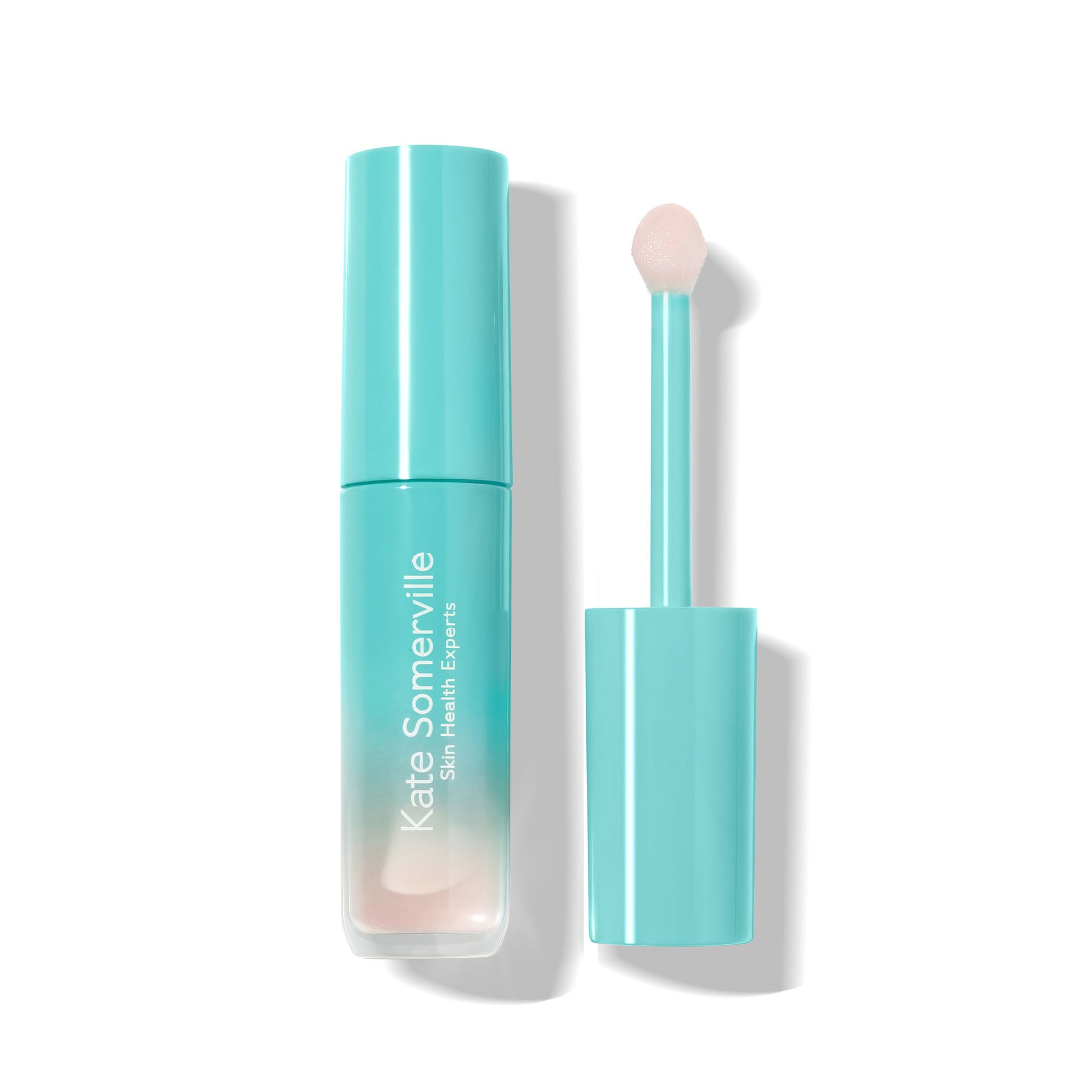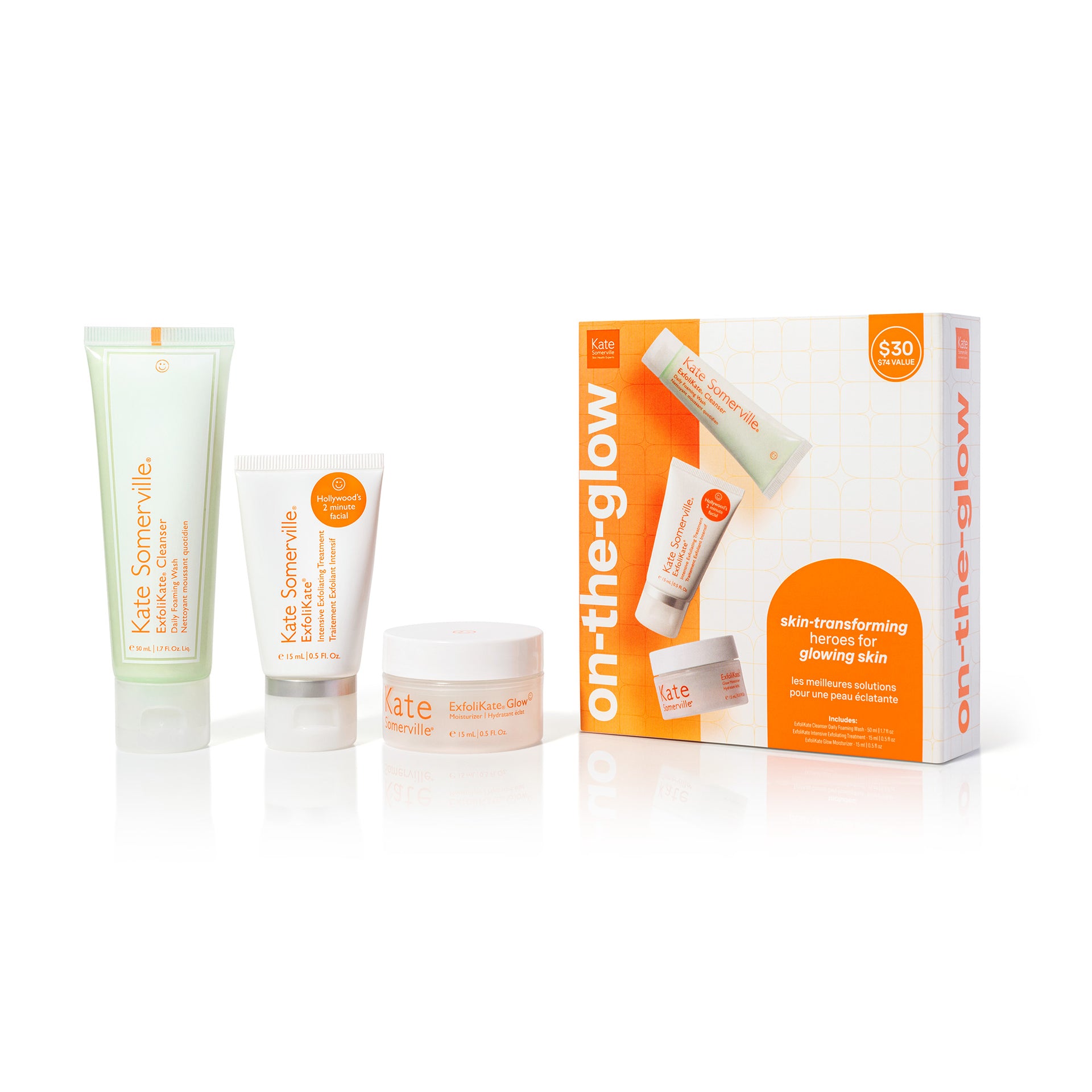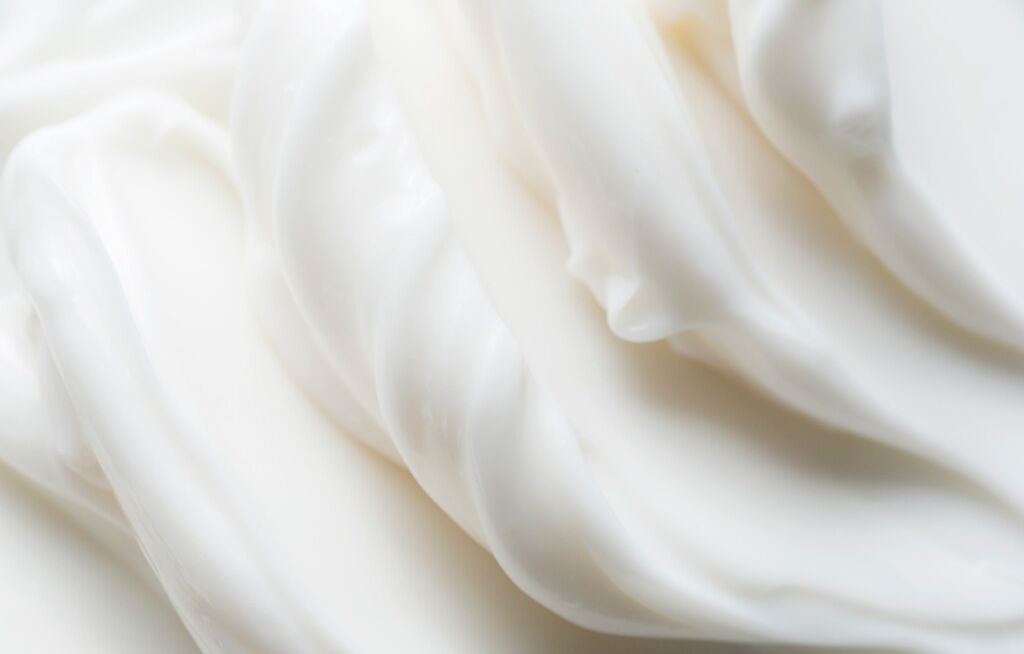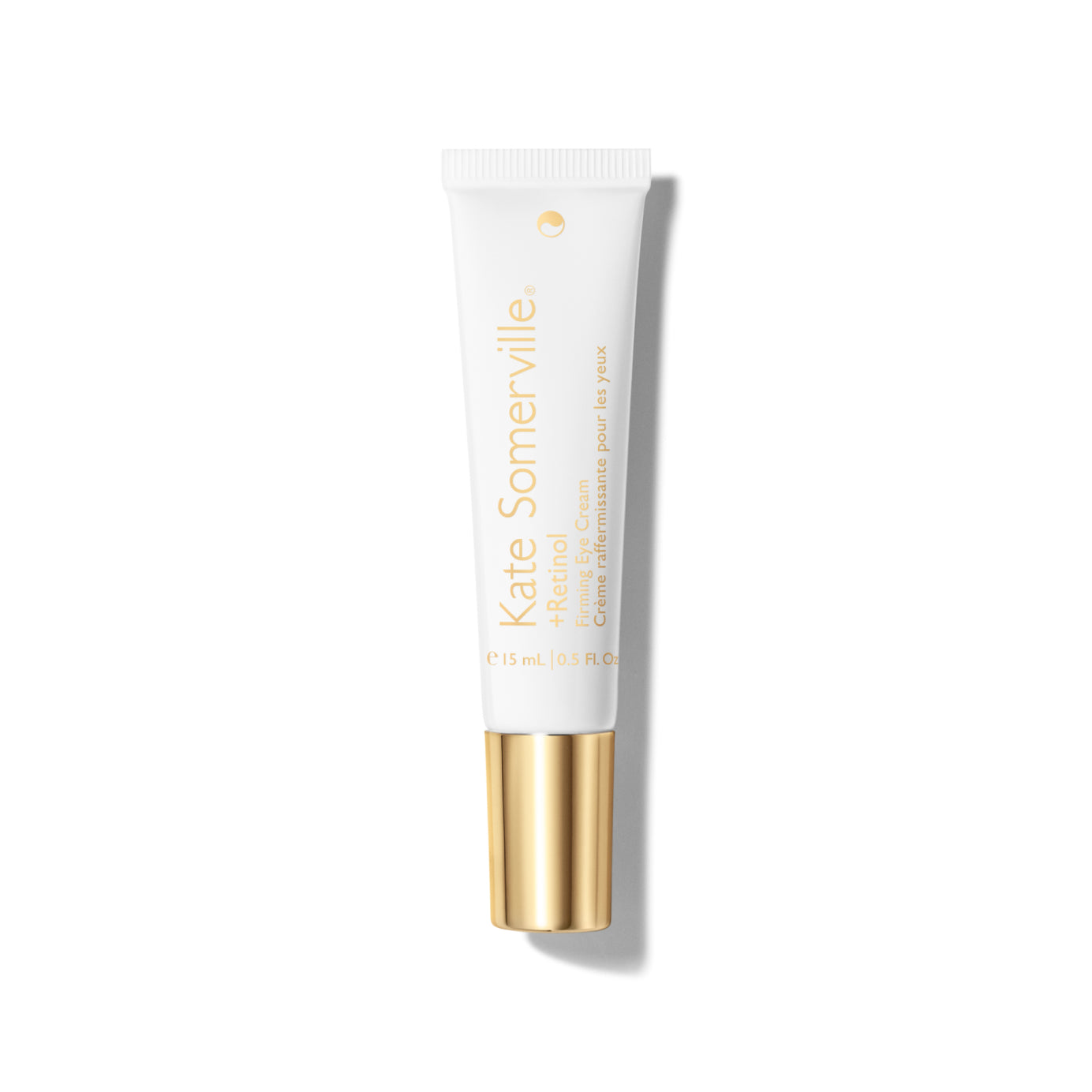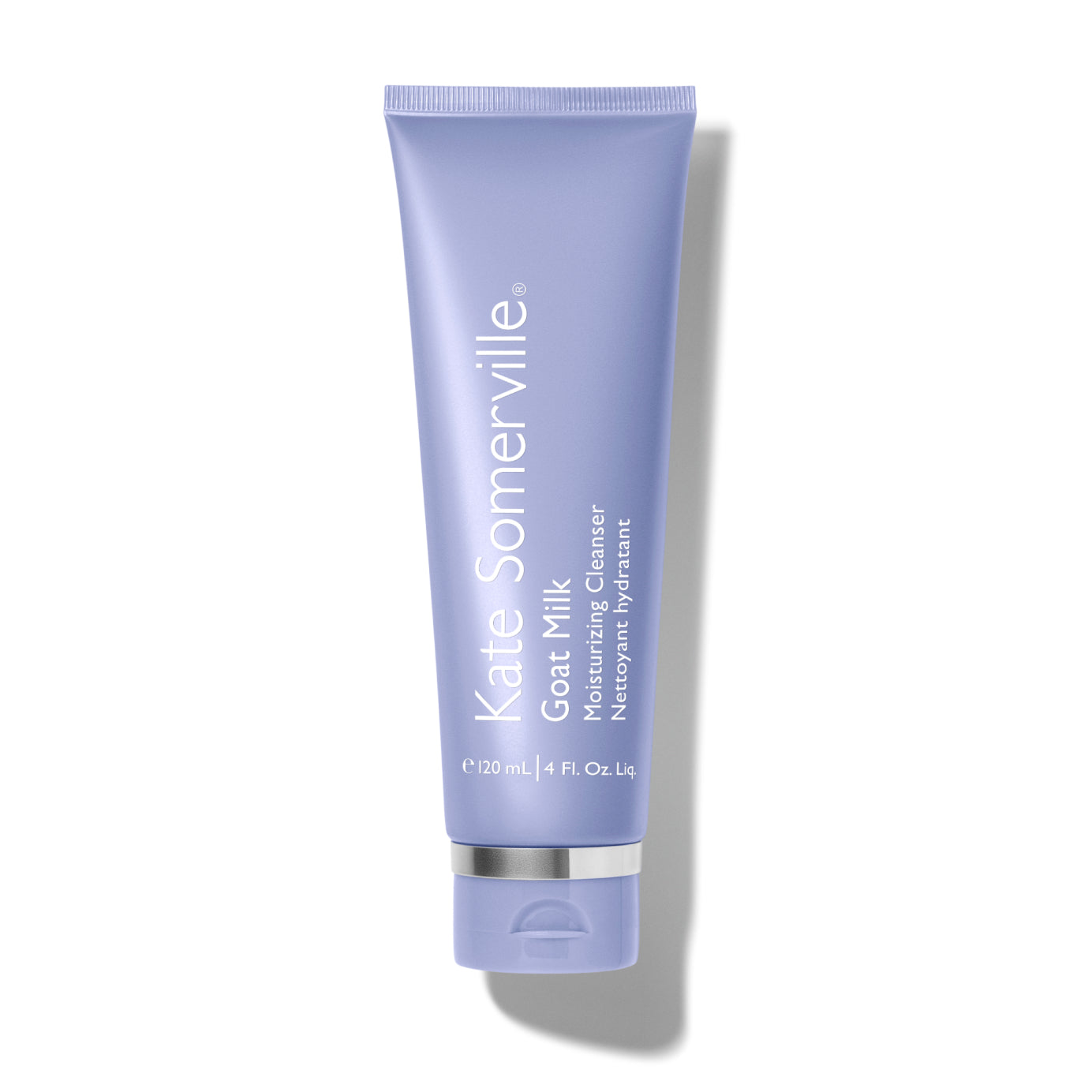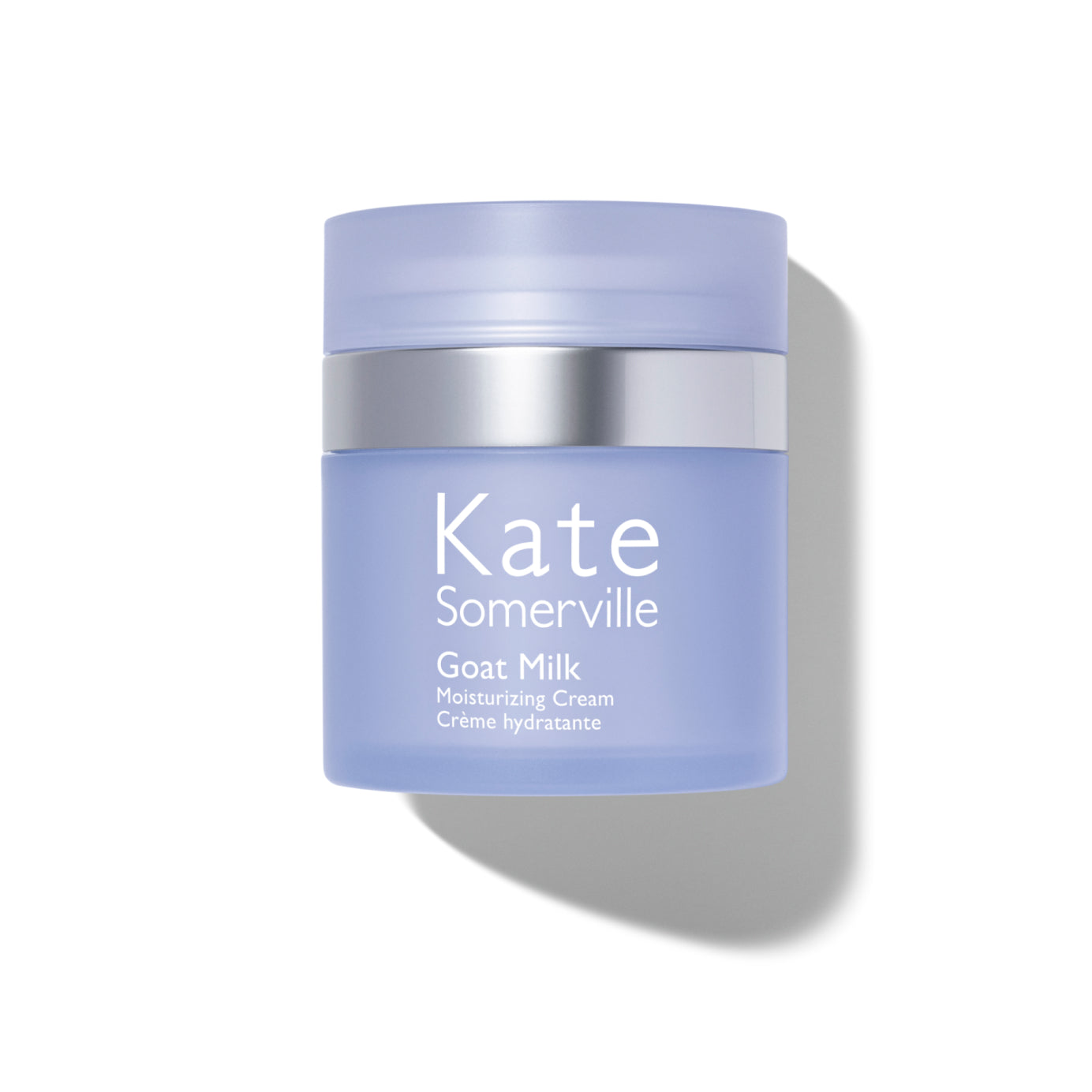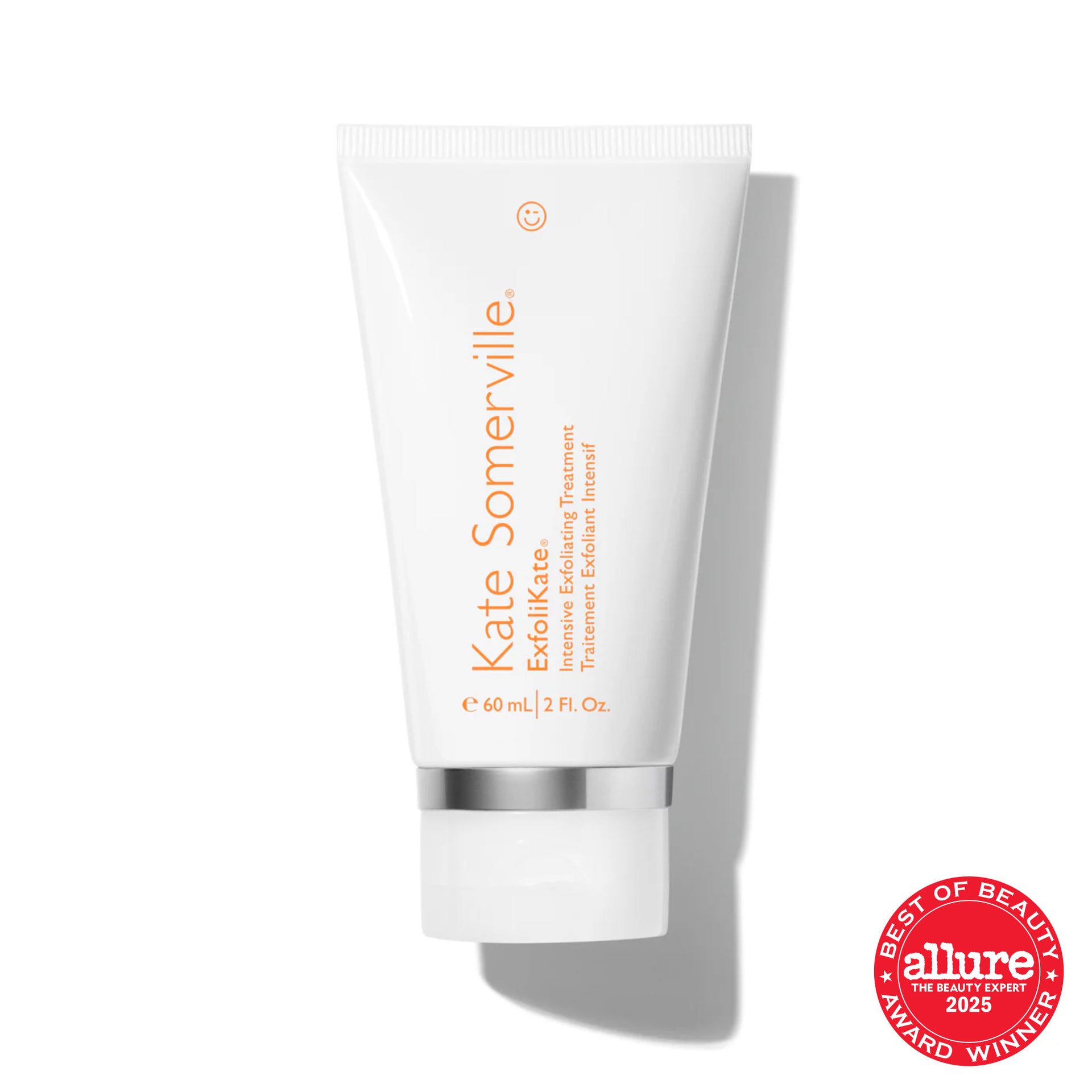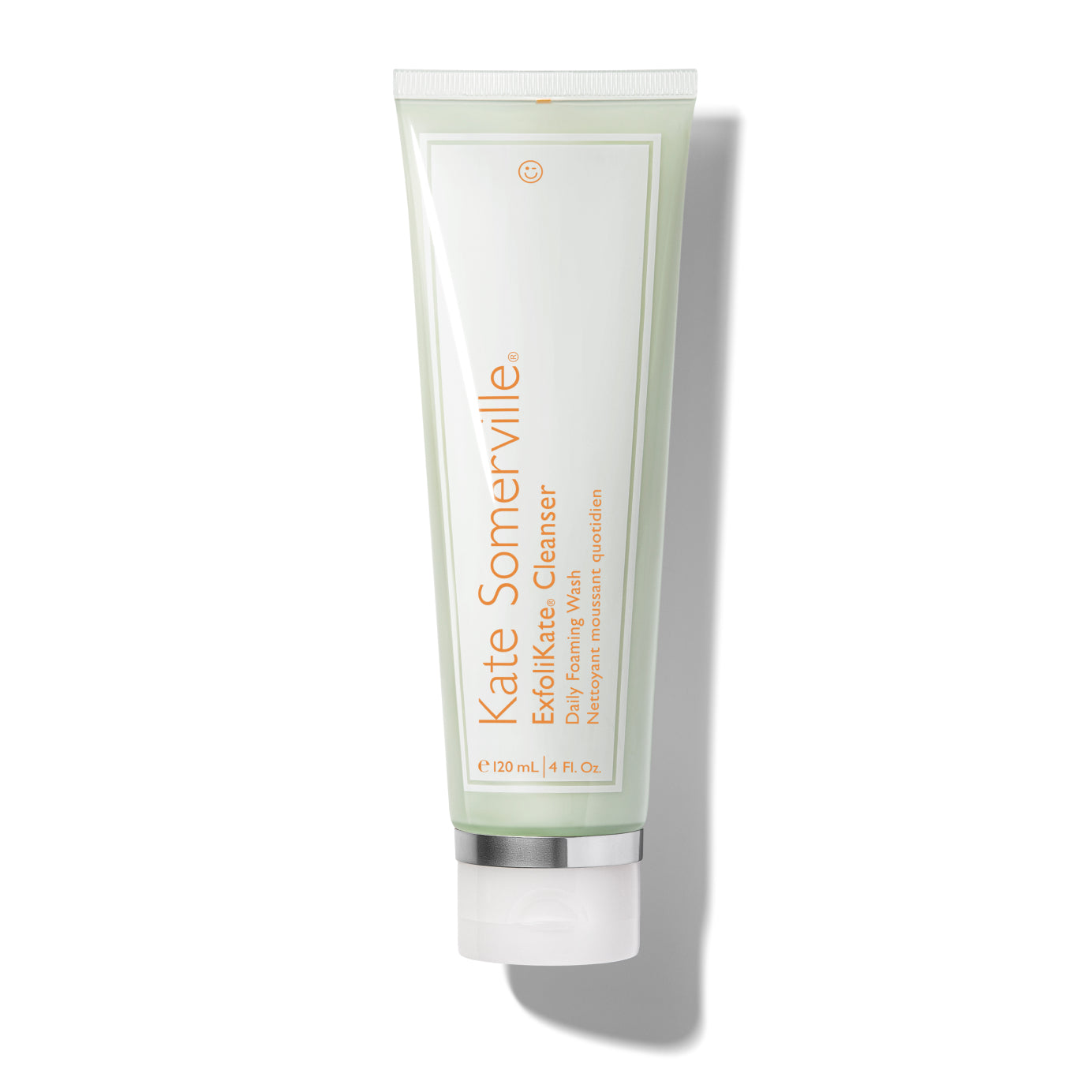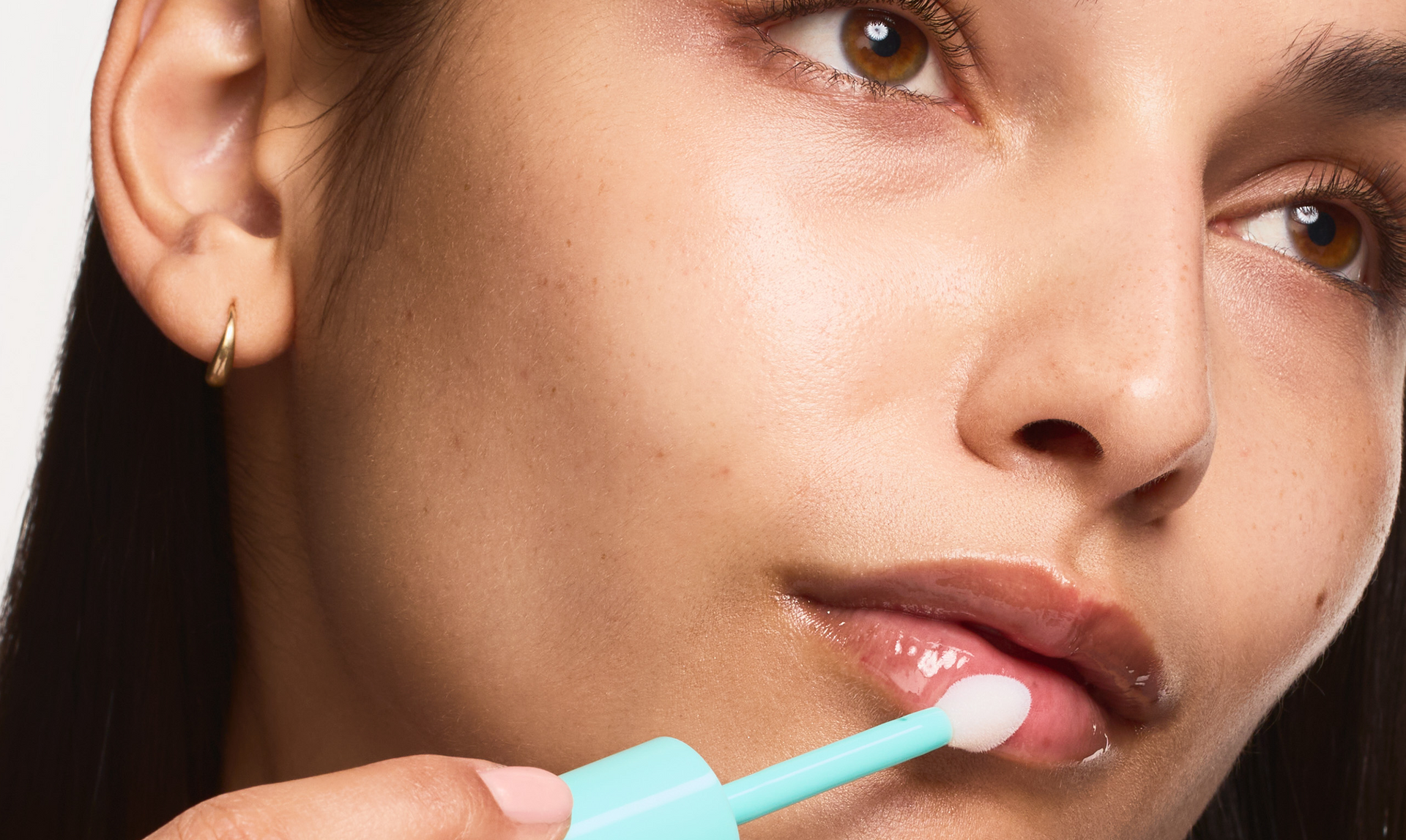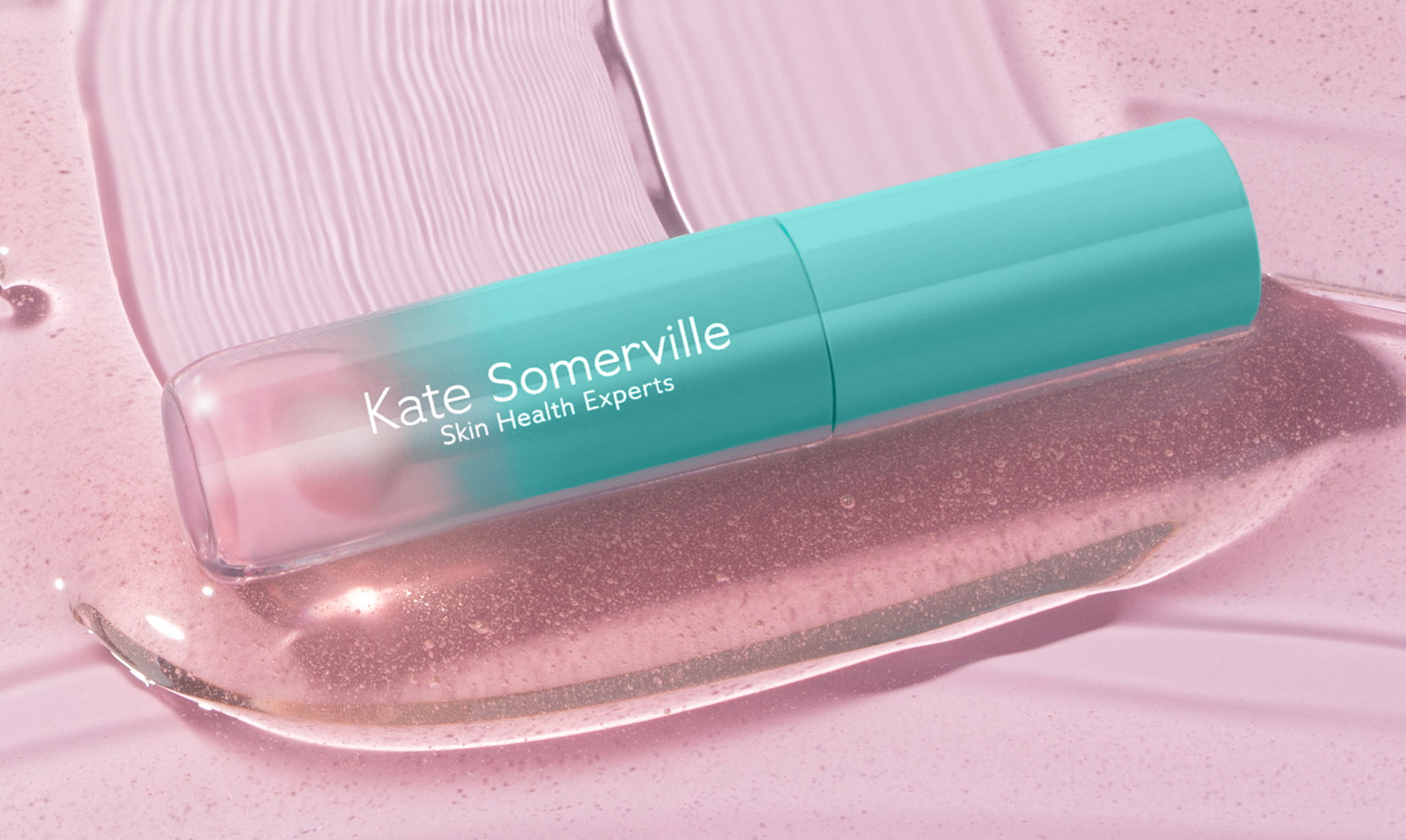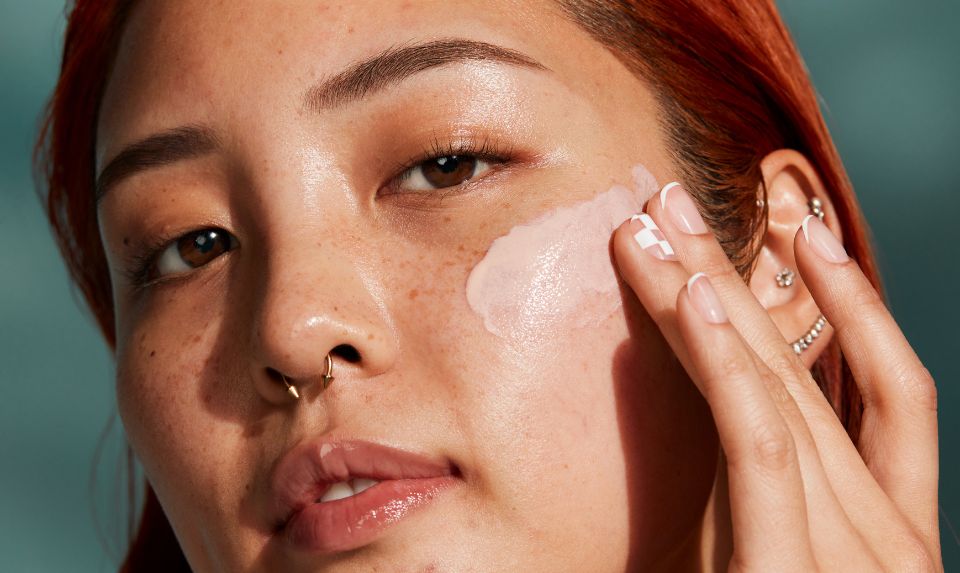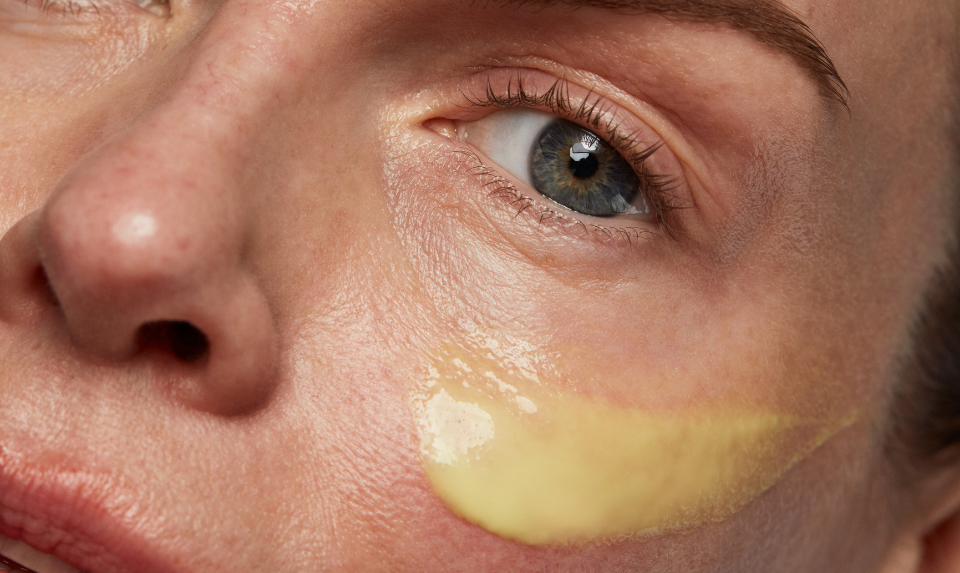Skin redness is caused by a variety of factors including prolonged sun exposure, allergic reactions, seasonality, or certain skin conditions like rosacea or eczema. Trying to calm the skin and prevent flare-ups can be frustrating for anyone who struggles with skin issues on a regular basis. To help control irritated skin, prevention is key.
There are several ways to help reduce skin redness and improve the look and feel of your skin. Start by using soothing premium skincare products that don’t use fragrances or dyes since these ingredients can agitate the skin. Also, avoid extreme temperatures and consider making small lifestyle changes like modifying your diet and or practicing stress management as these factors dramatically impact the way your skin looks, feels, and behaves.
While there are plenty of makeup products that cover redness, covering up isn’t a long term solution. Treating the skin on the surface with soothing skincare ingredients can help provide relief. Additionally, we’ve got some helpful tips for treating and transforming skin that’s irritated, red, inflamed or stressed.
Tip #1: Use Fragrance-Free Skincare Products
Products that are scented may contain chemicals or artificial additives which can cause irritation to the skin. A good alternative to consider are products with essential oils or soothing ingredients. Most of these products are safe for all skin types. When in doubt, use products with naturally-derived oils and extracts like lavender or tea tree oil.
If your skin type is sensitive, you’re more likely to experience regular skin irritation. To soothe sensitive skin, additional lifestyle modifications can help, including replacing any bedsheets or pillowcases that may be causing a negative reaction. Silk or satin pillowcases are often recommended in lieu of cotton because they are gentler on the skin.
If you prefer products with a scent and don’t want to go completely fragrance-free, perform a skin test when trying new products. Apply the new product to a small area of your hand or arm and check for any kind of reaction. Sometimes it’s not the whole product that’s causing the irritation, but only one ingredient. Once you’ve identified the culprit, it’s easier to narrow down what kind of skincare will work best for you.
Tip #2: Moisturize The Skin Daily
To keep skin healthy and looking its best, stay hydrated by drinking plenty of water and using products with hyaluronic acid. This ingredient provides deep moisture to the skin and can be a highly effective ingredient in skincare products. Dry skin often becomes flaky, red and itchy and sometimes isn’t resolved by hydration alone. A moisturizing product helps to seal in the natural oils of your skin and prevent flaking and dullness from occurring. You may notice you may need more or less moisturizer as the temperature changes. For example, in the winter when the air is typically on the drier side, a gentle, exfoliating moisturizer with skin-nourishing extracts may be the answer to slough away dry flakes and allow the skin to self-replenish.
If you have sensitive skin, look for products specifically designed for your skin type. If you have highly sensitive skin and you are looking for a product that helps to reduce visible redness, consider one that has goat milk. There are many benefits of using goat milk with one being that it has nutrients that help moisturize and aid in reducing redness of the skin. If you’re looking for skincare with goat milk ingredients, consider trying our Goat Milk collection. Our Goat Milk Moisturizing Cream is formulated to help soothe dry skin while giving it an extra boost of hydration. Lactose from goat’s milk gives your skin deep hydration 1 while the aloe naturally works to calm the skin. Additionally, the combination of jojoba, avocado, and grape seed oils add an extra layer of moisture to leave the skin 2 looking renewed and glowing.
Moisturize the skin both day and night and layer with other products to allow your skin to protect itself and stay hydrated at all times. This will help keep redness at bay that’s caused by seasonal flare-ups or distressed skin. A quality skincare routine always includes a moisturizer. Choose a moisturizer that is easily absorbed into the skin and has effective ingredients that will promote a healthy appearance in your complexion.
Tip #3: Be Selective With Ingredients
Ingredients such as aloe are naturally soothing. Oats are full of vitamins and antioxidants including magnesium, folate, iron and B vitamins3. In addition, the FDA approved colloidal oatmeal, which are essentially finely-ground oats, as a protectant for the skin4. It’s an inexpensive ingredient that’s often used in DIY skincare masks to help reduce redness, itchiness and irritation.
Certain bath and skincare products for dry skin now include oatmeal as a key ingredient for this very reason. Whenever you apply a new skincare product, err on the side of caution and choose quality products that won’t agitate the skin.
Tip 4: Avoid Extreme Temperatures
Soaring temperatures and extended sun exposure can wreak havoc on the skin, especially if you already have redness. Try to stay in a cool, shaded place when outdoors and keep your indoor temperatures at a comfortable setting. During the winter, a humidifier can significantly help with dry, flaky skin as well5. Also, opt for lukewarm temperatures rather than hot water when bathing. Long, steamy showers may be nice, but too much time under the water can dry out the skin.
Summertime, specifically, may cause more inflammation or flare ups in the skin due to different elements like the sun, sand, and chlorine from the pool. Reward your skin with a cool shower and add a moisturizer to your face and neck. Before hitting the beach, make sure to use sun protection for the face with a high SPF.
Tip #5: Make Small Changes to Your Lifestyle
Did you know that your diet, sleep cycle and stress level can impact skin health and possibly cause skin irritation? Dietary needs change over time to ensure we are getting the best balance of nutrients and vitamins. Also, as we age, you may develop allergies to certain foods that you haven’t experienced before. Seek the help of a nutritionist to pinpoint which foods may be causing flare-ups or other negative reactions. Food allergies may be the underlying cause of your skin problems[ 6].
Additionally, lack of sleep and stress can contribute to redness and itchiness. If your skin is more sensitive than usual, try to reduce stress in your life through healthy lifestyle modifications like going to the gym, meditating or simply taking a few, deep breaths to help you refocus. It may seem like these lifestyle factors aren’t directly related to how your skin looks or feels but it can actually be a response to what’s going on internally.
One simple and effective way to de-stress is to pamper yourself with an at-home facial scrub. Not only will you enjoy some much-needed pampering, you’ll see healthier, more radiant-looking skin!
As Skin Health Experts, we believe preventative care is key. Whether that’s protecting your skin from environmental pollutants or giving it the nutrients it needs to maintain optimal skin health, using the right products can make a major difference in your overall complexion.
Irritation Caused by Acne-Prone Skin
Dry skin may lead to irritation, but it can also lead to acne breakouts. It can be challenging to find the right blend of ingredients that help soothe acne without making the skin oily. Common acne-fighting ingredients are Salicylic Acid and Retinol. These powerhouse ingredients help to exfoliate dead skin cells, unclog pores, prevent future blemishes and smooth skin texture7. Since these two active ingredients can be drying to the skin, it’s important that you use a hydrating product as well.
We recommend talking with a professional to find an effective skin care regimen that will work best for you. Each case of acne is different and requires a customized approach. However, using acne treatment products that hone in on blemishes and gives the skin a boost of moisture can limit irritation and result in clearer, healthier-looking skin.
Creating a Customized Skincare Routine
As you discover how to calm irritated skin, test products one at a time before overhauling your entire skincare routine. For sensitive skin, it’s best to go fragrance-free and pay careful attention to the ingredients in each product. For most, this standard skincare routine will help you get into the habit of properly washing, moisturizing and caring for your face and neck. Depending on your skin type, you may have to test out a few different types of products before you find what works best for you.
- Start with a gentle cleanser that is free of perfumes and dyes. For extra dry skin, use an exfoliator a few times a week. For those with oilier skin, concentrate on the t-zone area and around the hairline to eliminate dead skin cells.
- Next, apply deep and lasting hydration with our DermalQuench collection. A patented delivery system pumps skin full of hydration, instantly smoothing the appearance of lines and wrinkles while plumping skin.
- Some people use a serum at night and a moisturizer twice a day. Skin that leans toward the drier side may benefit from a daily serum, while oilier skin may react better to daily moisturization and serum every few days.
- Treat yourself to a weekly face mask that’s made specifically for your skin type. Leave it on for several minutes before washing off. The final steps are a spot treatment for acne-prone skin, eye cream to help reduce the appearance of crow’s feet and fine lines, and sunscreen after skincare and makeup in the morning.
Including all of these products in your regular skincare regimen helps the skin maintain its moisture and elasticity. Stick to the same products when you find ones that work for you.
How to Choose the Right Products
Since irritated skin can be caused by different factors, treatment varies. Dry, flaky skin may occur from changes in the weather or lack of hydration. If you suffer from this skin problem, products that include Hyaluronic Acid will help to restore moisture and eliminate tightness.
On the other hand, someone with oilier skin or someone who experiences irritation through breakouts may want a product with Salicylic Acid. If you travel often, it’s also a good idea to up your skincare efforts. Dry air and changes in the environment can cause disruption to the skin when on the road. Keep the skin hydrated and moisturized to prevent negative reactions.
Finding the right skincare product comes down to knowing what kinds of ingredients your skin responds best to and which ones you should avoid. What works for one skin type may not be as successful for another. The more consistent you are in your skincare routine and caring for your skin, the less likely you’ll be to experience skin irritation in the first place.
Sources:
1. https://www.ncbi.nlm.nih.gov/pubmed/24450455
2. https://www.ncbi.nlm.nih.gov/pmc/articles/PMC2763764/
3. https://www.ncbi.nlm.nih.gov/pubmed/22421643
4. https://www.healthline.com/nutrition/9-benefits-oats-oatmeal#section2
5. https://www.aad.org/public/skin-hair-nails/skin-care/itchy-skin


